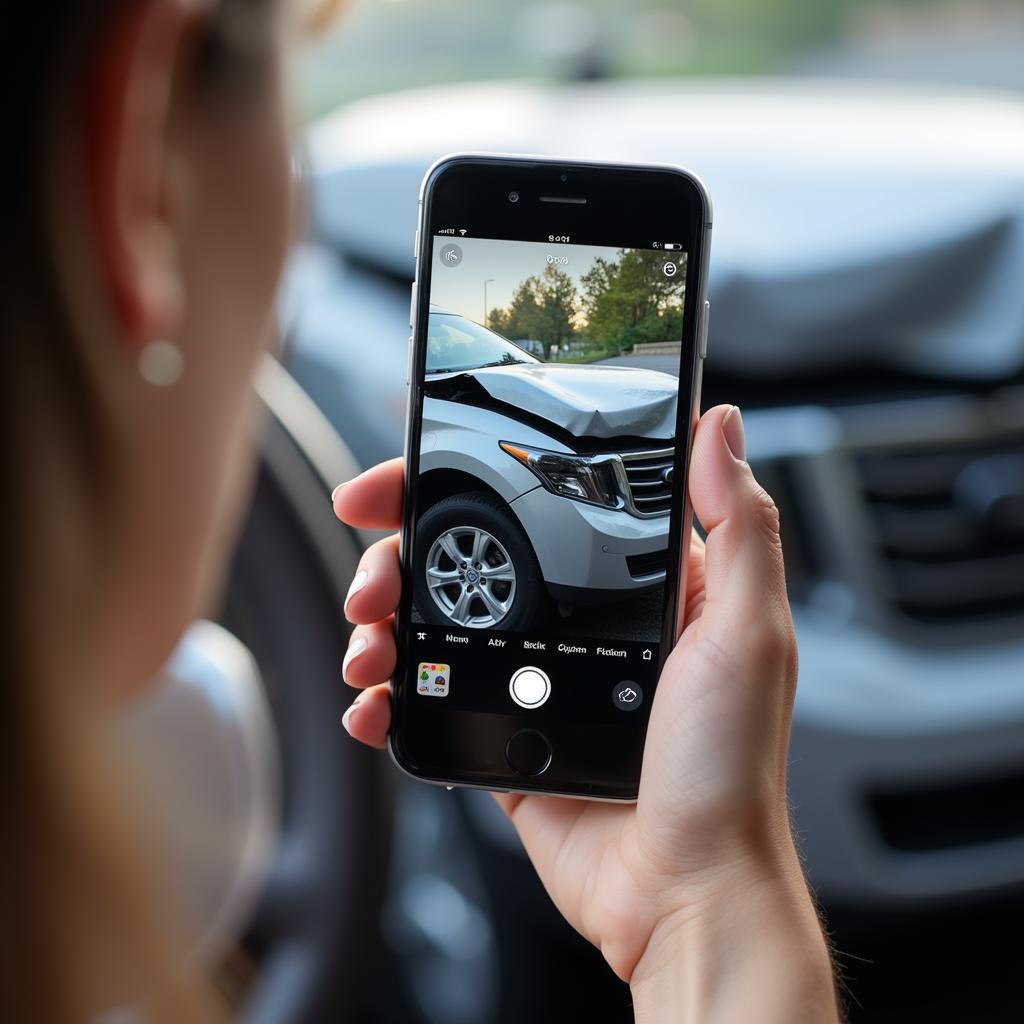Being in a car accident can be a stressful experience. It’s important to stay calm and know what information you need to gather at the scene. This will help ensure a smooth insurance claim process and protect you legally.
Essential Information to Collect
Here are the key details you should focus on:
1. Contact and Insurance Information
- Other Driver(s): Get their full name, address, phone number, driver’s license number, insurance company, and policy number.
- Passengers: Obtain the names and contact details of all passengers in the other vehicle(s).
- Witnesses: Note the names and contact information of anyone who witnessed the accident.
2. Vehicle Information
- Make, Model, and Year: Record the make, model, and year of all vehicles involved.
- License Plate Numbers: Write down the license plate numbers of all involved vehicles.
- Vehicle Identification Number (VIN): If possible, obtain the VIN of the other vehicle(s), which can be found on the dashboard or driver’s side doorjamb.
3. Accident Details
- Date, Time, and Location: Note the exact date, time, and location of the accident. Be specific with the address and any landmarks.
- Description of the Accident: Write a detailed account of how the accident happened. Include factors like traffic signals, road conditions, weather, and the direction each vehicle was traveling.
- Damage to Vehicles: Carefully document all visible damage to each vehicle. Take photos from various angles.
 Taking Photos of Car Damage
Taking Photos of Car Damage
4. Police Report Number
Always call the police after an accident, even if it seems minor. Obtain a copy of the police report or at least the report number. The police report provides an official record of the accident and can be crucial for insurance purposes.
Additional Tips for Documentation
- Photos and Videos: Use your phone to take photos and videos of the accident scene, vehicle damage, and any visible injuries. Capture images from multiple angles and distances.
- Voice Recordings: If safe and legal in your location, consider recording voice memos on your phone. You can describe the accident scene, your observations, and any statements made by others involved.
- Don’t Admit Fault: It’s crucial to avoid admitting fault at the scene. Stick to exchanging information and speaking with the police. Let your insurance company determine liability.
Why is Gathering this Information Important?
Having this information readily available will make filing your insurance claim much easier. It also helps protect you legally by providing evidence to support your version of events.
"After an accident, emotions run high. It’s easy to forget crucial details. Having a checklist prepared can save you time and potential headaches during the claims process," says Mark Williams, Senior Auto Claims Adjuster at ABC Insurance. Remember, accurate and detailed documentation is key to a smoother insurance claim process. By following these guidelines, you’ll be well-prepared to handle the aftermath of a car accident.
FAQs
What if I don’t have all the information listed above?
Gather as much information as possible at the scene. If you are unable to get certain details due to safety concerns or other reasons, explain the situation to your insurance company.
Do I need to contact my insurance company immediately?
Yes, it’s best to contact your insurance company as soon as possible after an accident to report it.
What if the other driver doesn’t have insurance?
If the other driver is at fault and doesn’t have insurance, your own uninsured/underinsured motorist coverage may apply.
Should I speak to the other driver’s insurance company?
It’s generally advisable to avoid speaking directly with the other driver’s insurance company without consulting your own insurance company first.
Need More Help?
Have other questions about car accidents or car detailing? Visit our website for more helpful articles and resources.
For immediate assistance, contact our 24/7 support team via WhatsApp: +1(641)206-8880, Email: [email protected]. We’re here to help!

Leave a Reply